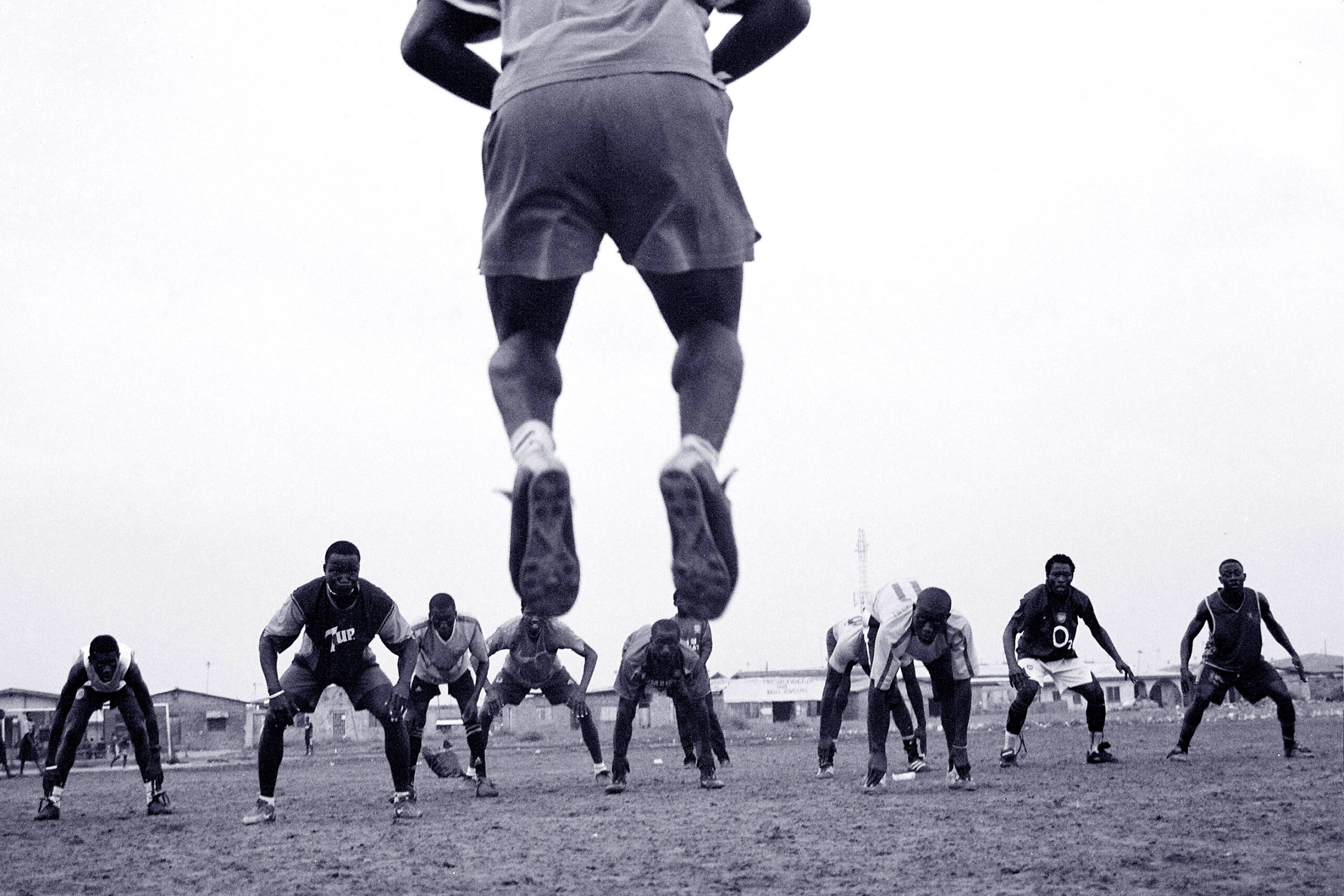"This is what I believe Sports Ministers should be tackling"
July 20th, 2014Commonwealth Sports Ministers should consider how to encourage young people to become more involved in sport to improve their self-worth and confidence, while also enhancing their health and academic success, writes Olivia Hart, 16, a Correspondent from London, United Kingdom.
Sports Ministers across the Commonwealth will come together for a meeting on the 21st July two days before the Commonwealth Games which begin in Glasgow, Scotland. In this meeting the ways in which sport can be used to promote social and economic development will be discussed.
One matter that I believe should be on the agenda is how sport can be used to raise awareness and tackle communicable diseases such as HIV/AIDS. More than 80% of deaths resulting from communicable diseases occur in developing countries. This statistic proves the importance of circulating information on the prevention of diseases like HIV/AIDS, including information about safe sex for people of all ages. AIDS is such an immense problem taking many lives each day. Across the world nearly 6,300 people contract HIV every day. This is nearly 262 every hour.
It is a priority for the Sports Ministers to consider how sport can be utilised to educate communities and prevent the further spread of communicable diseases. An example of the way that sport can be used to induce discussions is through sport programmes which bring young people together in a safe place to learn how to protect themselves from contracting diseases.
Another issue that I think could be discussed in the meeting is the significance of sport amongst young people in promoting self-worth. As a young person myself, I understand how important it is to value myself as an individual. If you have good self-worth you regard your feelings and wellbeing, and therefore would not make reckless decisions that may turn out to be harmful.
Furthermore, when young people value themselves it allows them to aspire and strive to achieve in all aspects of life – not only in sport itself but in other areas too, like education. Young people involved in sport will have a place to interact with other young people making them much less likely to turn to criminal activity such as drug abuse – especially in poverty stricken areas where there is often nothing for young people to do. In the meeting later this month, Sports Ministers could discuss ways to encourage young people to become more involved in sport to improve their self-worth and confidence, while also improving their health and potentially their academic success.
Additionally, I think that it is crucial for Sports Ministers to review how sport can contribute to equality all around the world. The upcoming games in Glasgow are set to be ‘the most disability friendly games’. For the first time, the para-sports will count towards the main medal table. It seems a good opportunity for sports ministers to discuss how to remove discrimination in sport and how to use sport to eradicate discrimination in everyday life to develop worldwide equality. Following the discrimination against LGBT in the winter Olympics in Sochi, the Commonwealth will set an example of its values against all kinds of discrimination in the coming month.
Gender equality I feel is something also worth discussing in the Sports Ministers Meeting. In sport the fight for women to be regarded as equal to men is an ongoing struggle which is incredibly frustrating to see continue even today. Around 40 percent of sport participants are women, yet only 6 to 8 percent of total media sports coverage is devoted to their athletics which is inexcusable. Personally, I have never seen a female football match on television in my whole life, yet at least once a week I see my dad watching a football match which (to no surprise is an all-male team).
Sports Ministers could discuss ways to promote female sport in the commonwealth games and other top sports events. For example, Sports Ministers could discuss ways to increase the media attention on women’s sport. Making women’s and men’s sports equal is just one step to increase worldwide equality between men and women. It is a way to empower women. Once this issue is tackled and dealt with, the focus will proceed to fall on other gender inequality issues such as discrimination in the work place.
Sport can be used as a bridge to getting girls and boys into school in developing countries too. By 2015 all boys and girls should complete a full course of primary schooling according to the Millennium Development Goals. Sport can be used to achieve this as mutual respect is learnt between girls and boys, children feel a part of a team and not excluded. These factors all increase attendance in school.
As 2015 is rapidly approaching it is important for Sports Ministers to discuss how they intend to promote primary education through sport in developing countries as in 2011, 57 million children of primary school age were still out of school. The target still has not been met with just under 6 months until 2015.
With just a couple of days to go until the Sports Ministers Meeting we await to see what is to be discussed, what targets will be set, how the Sports Ministers plan to use sports to promote development and what the overall outcomes of this meeting will be.
About me:
I’m a student from south-east London studying geography, biology, religious studies and Spanish. I am interested in all aspects of development and being a young person myself youth development is especially relevant.
Photo: ANDREW ESIEBO / COMMONWEALTH PHOTOGRAPHIC AWARDS





